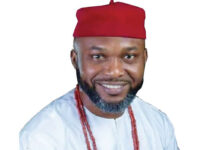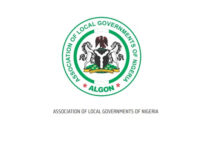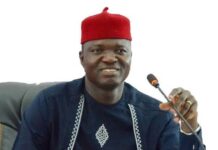As Nigeria continues to grapple with the challenges of conducting a free and fair election, the National Assembly has promised to conclude the amendments to the Electoral Act (2022) before the end of 2024.
Apart from considering proposals to address the current challenge of appointment of a non-partisan persons into the Independent National Electoral Commission (INEC), the National Assembly said it will review the issue of minimum educational qualification of candidates for respective elective offices.
The Joint Committee of the National Assembly on Electoral Matters which rose from a 3-day retreat in Lagos over the weekend with a resolution to amend the Electoral Act 2022, said it will seek to address conflicts arising from decisions of the courts, by ensuring that pre-election or post-election matters are concluded before the swearing-in of successful candidates.
At the retreat, organised in collaboration with Policy and Legal Advocacy Centre (PLAC) and the UK Foreign and Commonwealth Development Office (FCDO), the members also decided to expeditiously pursue and conclude the amendments before the end of 2024.
The retreat deliberated on recent judicial decisions and their impact on Nigeria’s electoral legal framework including decisions from the Appeal Court and the Supreme Court.
In addition, the committee reviewed the operational challenges in INEC, and mechanisms that could be deployed to hold election offenders accountable were broached and delved into.
The members of the committee also reviewed recommendations from international and local election observers and widely elaborated on citizens’ experiences with the elections.
In a communique issued and signed by the Senate and House Committee Chairmen on Electoral Matters, Senator Sharafadeen A. Alli and Hon. Adebayo Balogun, respectively, the Joint Committee decided that the amendments to the Electoral Act 2022, will seek to address conflicts arising from decisions of the courts, strengthen the use of technology, and ensure that election petitions whether originating from the pre-election or post-election matters are concluded before the swearing-in of successful candidates.
The committee further undertook to review the issue of minimum educational qualification of candidates for respective offices, as well as address the lack of clarity in the section of the Electoral Act which provides for documentary proof of non-compliance.
The Joint Committees said it will act to address the current challenge of appointment of partisan persons to INEC stating that the mode of appointment of INEC National Commissioners, and Resident Electoral Commissioners will be reviewed to guarantee the independence and integrity of INEC.
Other resolutions from the retreat include strengthening political parties to address the issue of internal party democracy and other anti-party democracy activities including cross-carpeting; and carrying out extensive consultations with constituents, members of the public, and other stakeholders to ensure inclusive participation.
The Joint Committee also agreed to collaborate with the committee on constitutional review to address areas of elections that require alteration to the constitution and work with technical experts to prioritise and articulate issues.

























